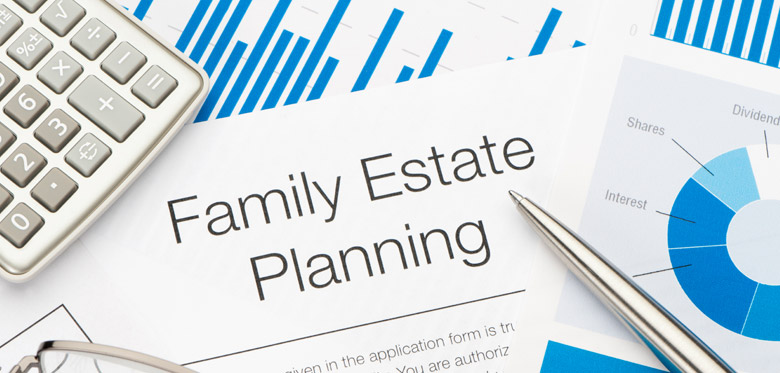HMRC have recently published tax receipt data which shows that the amount received by the government in Inheritance Tax between April and May 2022 has increased by £100 million over the same time last year.
It’s probable that this is because the value of homes has increased in the last year or so and the nil rate bands, below which people don’t pay inheritance tax, have been frozen up to 2026.
During the pandemic, because of the Stamp Duty holidays and the fact that many people were changing their lifestyles and looking for bigger homes to work from, property prices went up in most areas. It remains to be seen whether interest rate rises will damp down the property market but it has been vibrant, which means that most people who own a house will have seen the value of their estate rising, even if they have no intention of selling their house.
The UK house price index showed the annual house price rise in 2021 to 2022 to be 12.4%, taking the average property in the UK to a value of £281,161. Residential properties in some areas such as the southeast or London will be much higher.
This comes at a time when the Inheritance Tax free thresholds have been frozen, which naturally brings more estates into tax.
In the last decade the government’s receipt of Inheritance tax has more than doubled from under £3 billion to over £6 billion.
Inheritance tax is paid on someone’s estate when they die. It is not paid by the majority of estates because nil rate bands and exemptions mean a deceased person would have had to own quite a few hundred thousand pounds in assets before the tax becomes payable. However, the increase in house prices, means that more estates are being drawn in and even people with quite modest houses, as opposed to mansions, may find that their families are paying inheritance tax when they pass away due to the value of the house.
It is sometimes said that Inheritance Tax is an “optional” tax because it is possible to legitimately order your affairs and plan before you die to reduce or remove the need to pay it by taking advantage of the various reliefs and nil rates. However, that requires thought and careful planning. Solicitors specialising in probate and wealth matters can often help out with this. If you have assets, which include the value of your house and run into the hundreds of thousands of pounds, then it is worth thinking about what the impact of inheritance tax may be on your family and other beneficiaries.
Claire Booth a solicitor specialising in wealth planning at Stephensons said:
“Many people would be surprised about how modest someone’s wealth could be before Inheritance Tax becomes payable. It’s not just a tax for millionaires. Ordinary people in ordinary houses could find their families paying inheritance tax if they are not careful. The standard rate is 40% so it can be a very sizeable tax bill which is due when someone passes away. It’s not just the cost, it’s the stress of having to find the money to pay it, as a time when someone is also coping with bereavement. So, it makes sense to think about Inheritance Tax planning well before you may pass away. There are things that can be done to mitigate the problem if you get professional advice at an early stage if the value of your assets is building up.”
At Stephensons we have a department specialising in these sorts of wealth management issues, with solicitors qualified up to the highest level, STEP. We are a friendly team who will be happy to speak to you in a no jargon way. We have a variety of fixed fee packages that make our advice affordable. A modest amount of money spent on advice now could save your family very many thousands of pounds in tax in years to come.
For a free no obligation discussion on whether we can help, contact us on: 0161 696 6238.


